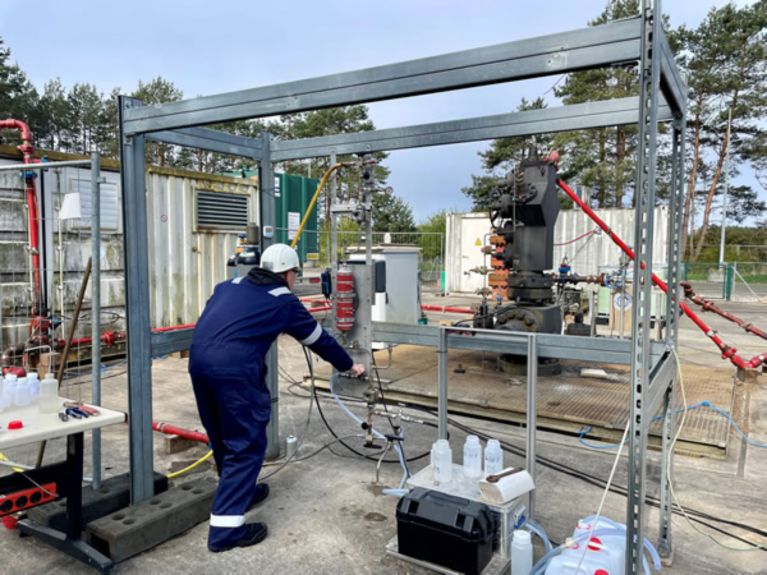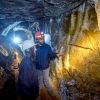Lithium in the spotlight
Germany is signing international agreements to secure the prized raw material while at the same time searching for lithium sources at home.

Lithium is considered one of the key raw materials in the energy transition. Lithium is a soft metal and a key part of batteries for electric vehicles. Lithium-ion batteries are already widely used to store energy from renewable sources. Germany is extremely interested in these opportunities, as can be seen in its international partnerships. Lithium is an increasingly important element of the German-Chilean raw materials partnership, and German Chancellor Olaf Scholz travelled to Serbia in July 2024 to sign an EU agreement there. The strategic partnership covers sustainable raw materials, battery value creation chains and electric vehicles, and Scholz said that, with German support, lithium mining in Serbia would meet the “highest environmental standards.”

Germany plans to mine lithium at home
At the same time Germany is actively exploring lithium mining within its own borders. The Zinnwald Lithium company plans to set up one of Europe’s largest lithium mining operations in Altenberg in the Ore Mountains by around 2030. The company’s goal is to extract enough lithium each year for around 600,000 car batteries. The German government and the state of Saxony are supporting the project.
The Canadian Rock Tech group intends to set up a lithium refinery in Guben in Brandenburg. And firms are planning to extract lithium from thermal springs in Bruchsal in Baden-Württemberg and Altmark in Saxony-Anhalt. The BGR, Germany’s Federal Institute for Geosciences and Natural Resources, is running a test project on the Lüneburg Heath, which is also focusing on deep groundwater. The BGR believes that there are promising lithium levels under the Lüneburg Heath, and the institute is now investigating the best way of filtering the raw material out of the water.


